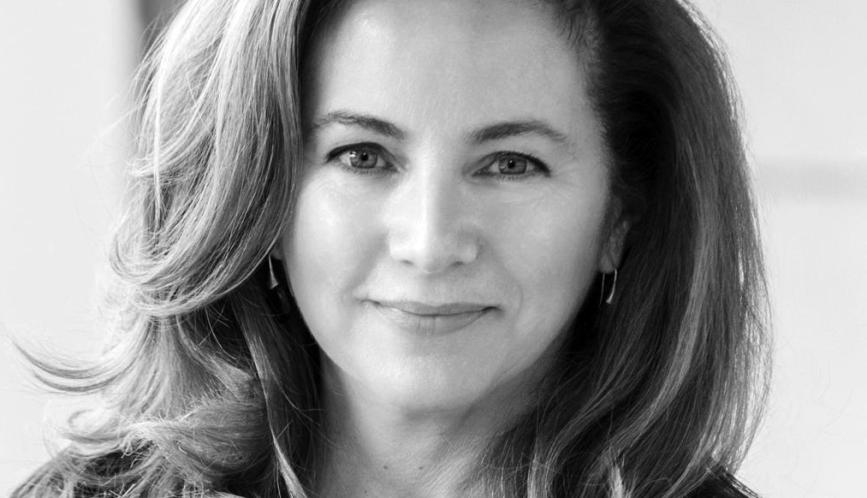MIP network member Ariel Kalil is a Professor at the University of Chicago's Harris School of Public Policy, where she also directs the Center for Human Potential and co-directs the Behavioral Insights and Parenting Lab. Kalil also holds appointments as an Adjunct Professor in the Norwegian School of Economics in Bergen, Norway and in the School of Business Administration at the University of Stavanger, Norway. A developmental psychologist, she studies parenting behavior and children’s cognitive and non-cognitive skills.
Describe your area of study and how it relates to current policy discussions surrounding inequality.
I am trained as a developmental psychologist and I study the associations between economic conditions, parenting, and child development. Much of my recent research examines the historical evolution of income-based gaps in parenting behavior and children's cognitive and non-cognitive skills. Also, in my role as co-director of the University of Chicago's Behavioral Insights and Parenting Lab, I lead a variety of field experiments designed to strengthen parental engagement and child development in low-income families using tools drawn from behavioral economics and neuroscience.
What areas in the study of inequality are most in need of new research?
At this point we have many convincing studies that document income- and education-based differences in how parents interact with their children and invest in their development. But we have a much weaker understanding of the sources of these differences. For instance do these differences arise from families lack of material resources? From parents beliefs or expectations? From stress or cognitive load? From cognitive biases? Answering these questions is not only scientifically compelling but is also key in devising strategies to reduce SES-based gaps in children's development and opportunities to fulfill their human potential.
What advice do you have for emerging scholars in your field?
It is probably true that scholars in many different fields will be working on the same problem or set of questions as you are. Pay attention to their work and interact with researchers in these other fields when possible. There is much to be learned by understanding the different theories, methods, and data sources that other scholars bring to your area of study. And scholars in other fields will have much to learn from you, too!



